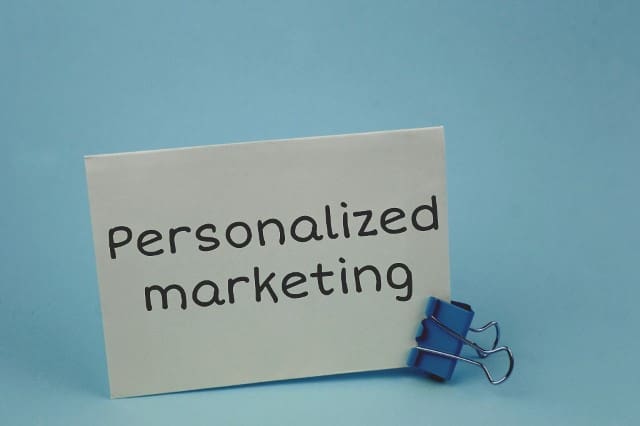Real estate is more than just buying and selling properties; it’s about fulfilling dreams and aspirations. Emotional marketing leverages buyers’ feelings, making them see a home as more than just a structure—it’s a future, a lifestyle, and a reflection of their identity. When real estate agents tap into emotions, they create deeper connections with potential buyers, leading to trust and loyalty. Storytelling, personalized experiences, and visual appeal play crucial roles in emotional marketing. The goal is to make buyers envision their lives unfolding beautifully in the homes you represent.
Using Storytelling to Connect with Buyers
Storytelling is a powerful tool in real estate marketing. Instead of just listing features, craft a narrative around the property. Describe the cozy evenings by the fireplace, the laughter shared in the spacious kitchen, or the tranquil backyard that offers a perfect escape. Real-life testimonials and success stories also add credibility and emotional appeal. When buyers hear stories they can relate to, they are more likely to feel a personal connection to the home. Effective storytelling transforms a house into a dream home in the minds of buyers.
The Psychology Behind Home Buying Decisions

Buying a home is one of the most emotional decisions a person will make. While logic and financial considerations are important, emotions often drive the final decision. Buyers imagine family gatherings in the dining room, peaceful mornings on the porch, or the joy of decorating a nursery. Understanding these emotional triggers allows agents to tailor their marketing strategies accordingly. By highlighting the emotional benefits of a home, agents can inspire buyers to take action faster.
Visual and Sensory Marketing Techniques
High-quality images and videos help potential buyers emotionally connect with a property before they even step inside. Virtual tours, drone footage, and 3D walkthroughs allow buyers to immerse themselves in the home experience. Music, lighting, and scents during open houses also play a role in creating an emotional response. A well-staged home with soft lighting and a warm scent of fresh-baked cookies can evoke feelings of comfort and nostalgia. Appealing to the senses makes a listing more memorable and desirable.
Creating a Personalized Experience for Clients

Every buyer has unique aspirations and dreams. Understanding their motivations allows real estate agents to tailor their approach. Personalized recommendations, handwritten notes, and thoughtful gestures make buyers feel valued. Following up with personalized messages and checking in on their home-buying journey builds long-term relationships. An agent who genuinely cares about a buyer’s dreams will stand out in a competitive market. Emotional marketing is about creating an experience that makes clients feel special and understood.
Conclusion: The Lasting Impact of Emotional Marketing
Emotional marketing in real estate is about connecting with buyers on a deeper level. By tapping into their dreams and aspirations, agents can create powerful and lasting impressions. Storytelling, visual appeal, and personalized experiences turn properties into dream homes. In a competitive industry, the ability to evoke emotions gives agents a significant advantage. When buyers feel an emotional connection, they don’t just purchase a home—they invest in a vision of their future.
#RealEstateMarketing #EmotionalMarketing #HomeBuying #Storytelling #RealEstateSales #MarketingTips #DreamHome
